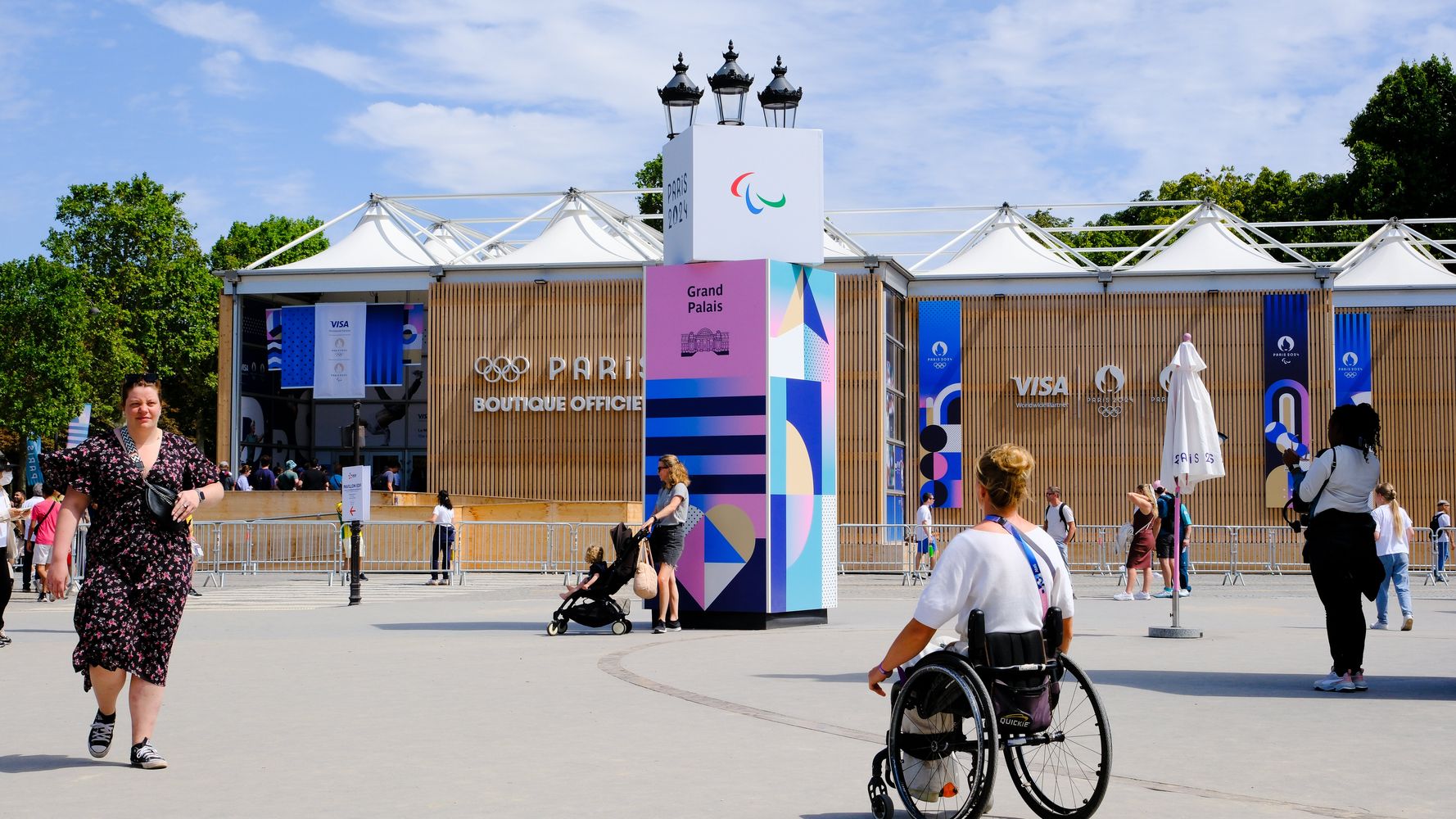Navigating the Accessibility Landscape: A Wheelchair User’s Perspective on Tokyo and Paris’ Olympic Journeys
Embarking on a journey as a wheelchair user can be an exhilarating yet challenging experience. As someone who cherishes exploring new destinations, I am constantly seeking to break away from familiar territory and delve into the unknown. My recent adventure took me to the bustling metropolis of Paris, which like Tokyo before it, had pledged to become more accessible in preparation for the Olympic and Paralympic Games.
Tokyo’s Olympic Legacy: A Blueprint for Accessibility
When Tokyo was bestowed the honor of hosting the 2020 Olympic and Paralympic Games, the organizing committee made a concerted effort to ensure inclusivity for all, regardless of disability. This extended beyond the accessibility of the sporting venues to a broader enhancement of the city’s infrastructure.
The Japan National Stadium, constructed specifically for the Games, stands as a testament to the thoughtful design that took accessibility into account. Its features include ramps, elevators, and accessible restrooms, setting a new standard for accessible design in Japan. Moreover, Tokyo invested in improving its transportation network, making key subway and mainline stations barrier-free.
Parisian Promises: Falling Short of Expectations
As the Olympic flame shifted from Tokyo to Paris, organizers vowed to continue the legacy of accessibility. However, disability advocates have expressed disappointment with the progress made so far. Despite promises of enhancements, the city appears to have opted for temporary solutions such as shuttle buses and accessible taxis, with no indication of these measures continuing beyond the Games. This approach overlooks the daily challenges faced by disabled individuals in navigating the city.
The Paris Métro, a lifeline for many Parisians, remains a significant obstacle for wheelchair users. Only one line is fully wheelchair accessible, leaving many with no choice but to rely on expensive taxis or navigate the city’s uneven streets.
The Accessibility Paradox: Triumphs and Shortcomings
The efforts made in Tokyo and Paris highlight the complex nature of accessibility. While new infrastructure can significantly improve the experience for disabled individuals, systemic issues persist. The accessibility of public transportation remains a major concern in many cities worldwide. In London, only 92 of 272 Underground stations have step-free access, and in New York, less than 30% of subway stations are fully accessible.
Accommodation Challenges: A Global Struggle
Finding suitable accommodation is another hurdle for wheelchair users. Despite commitments from hotel groups like Accor to enhance accessibility, the availability of step-free accommodations remains limited. This issue is not exclusive to Paris; it is a global challenge that requires ongoing attention.
A Path Forward: Sustaining Accessibility Beyond the Games
The creation of new accessible infrastructure in Tokyo and Paris will undoubtedly benefit the cities in the long term. However, it is crucial to address the persistent challenges that disabled individuals face. To truly create inclusive cities, temporary solutions must give way to permanent improvements in public transportation, accommodation, and other essential services.
The Olympic and Paralympic Games can serve as a catalyst for change, but the momentum must continue beyond the closing ceremonies. Disabled Parisians and tourists alike deserve to have their accessibility needs met, not only during the Games but every day.
Conclusion: Embracing Inclusivity for All
As we navigate the ever-evolving landscape of accessibility, it is imperative to recognize that the journey is far from over. The creation of accessible environments is not merely a box to be ticked but a fundamental human right. By embracing inclusivity and implementing sustainable solutions, we can create cities that welcome and empower people of all abilities.
